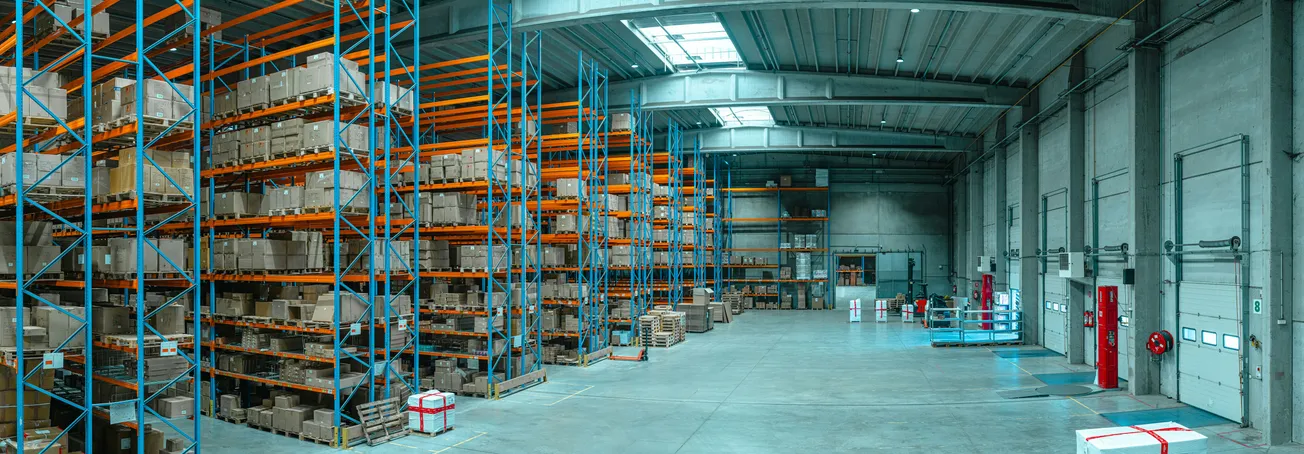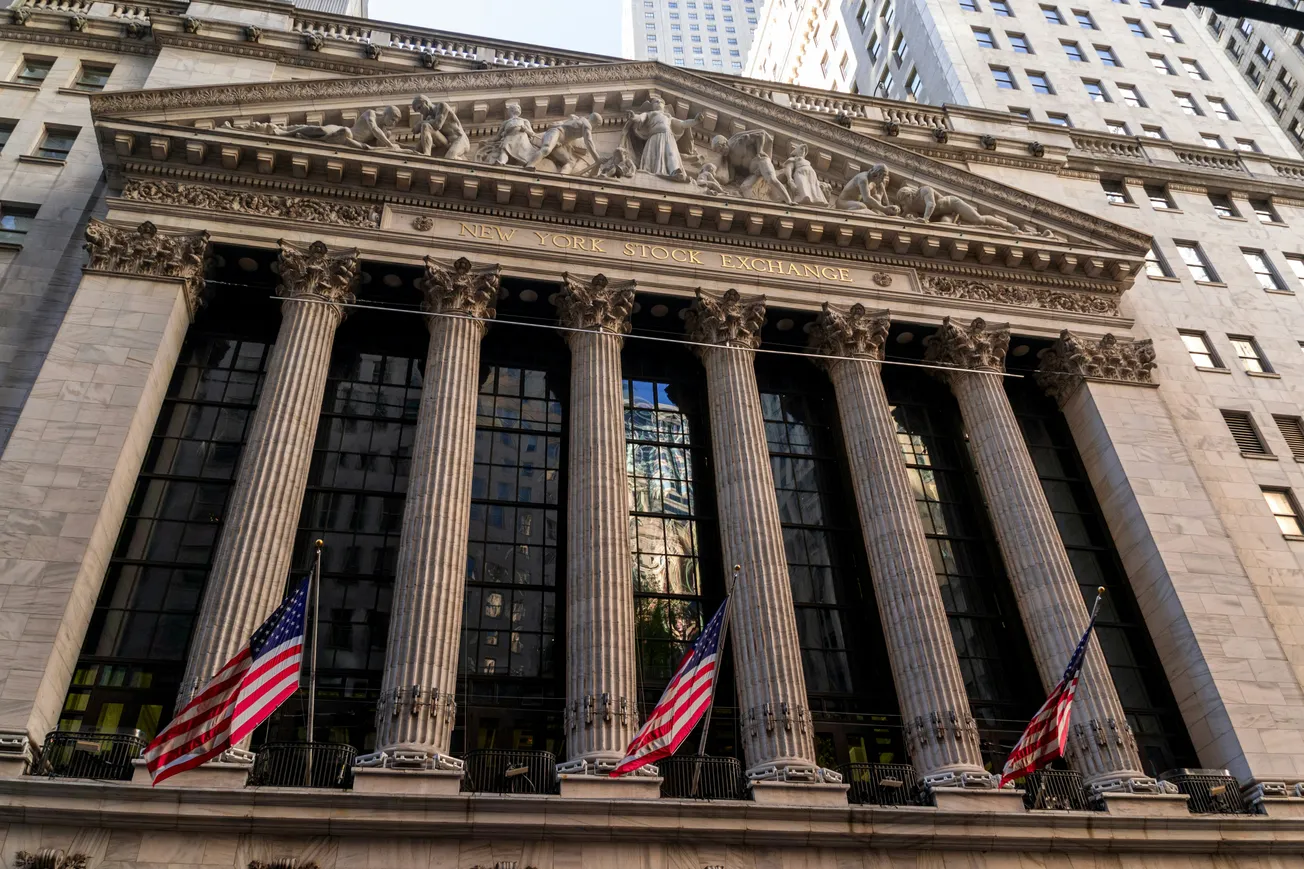Two of the world’s largest retailers, Amazon and Target Corporation, are collectively cutting nearly 32,000 corporate jobs as part of a broader shift driven by artificial intelligence (AI). This restructuring reflects a significant transformation in how major retailers align operations with emerging technologies.
Strategic Realignment in the Age of AI
Amazon has steadily integrated AI across its logistics, customer service, and recommendation systems, now moving to scale these efficiencies by streamlining human roles. Similarly, Target is revamping its organizational structure to reduce duplication and focus on faster, more agile decision-making processes.
AI is not just enhancing automation — it’s redefining roles. Back-office jobs in data entry, analytics, and planning are being replaced or redefined as companies seek AI-proficient talent who can work alongside evolving systems.
These cuts, while disruptive, are a signal of a retail future where leaner, tech-driven operations dominate.
Implications for the Retail Ecosystem
This shift affects more than just internal teams. For suppliers, vendors, and logistics partners, the message is clear: align with AI-driven retail models or risk obsolescence.
Faster decision cycles and machine-augmented merchandising mean partners must provide data-ready assets, integrate quickly with systems, and respond to analytics-driven demand signals.
As retailers like Amazon and Target evolve into AI-first companies, the ability to collaborate through smart systems and predictive platforms will separate the leaders from the laggards. The labor impact is immediate, but the ripple effects across the omnichannel retail landscape will define the competitive frontier.







